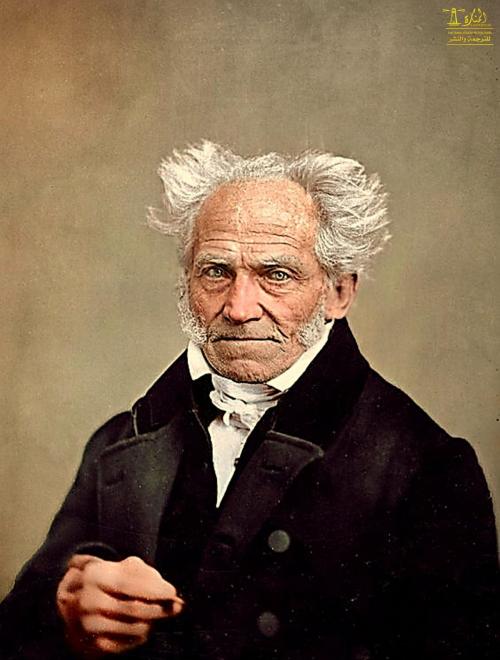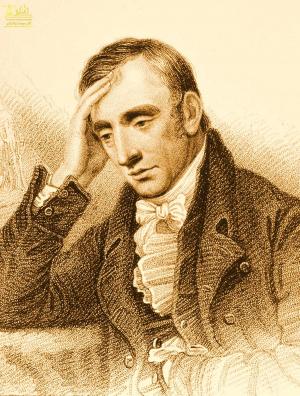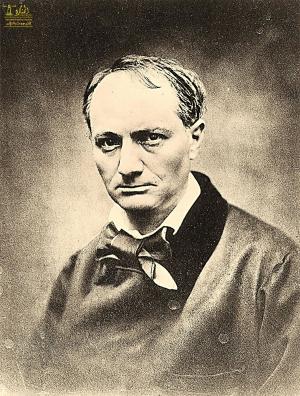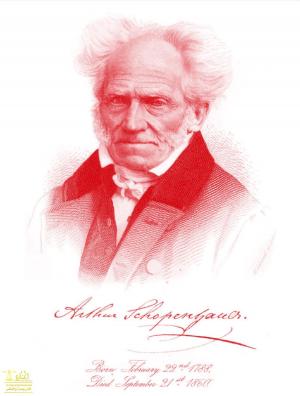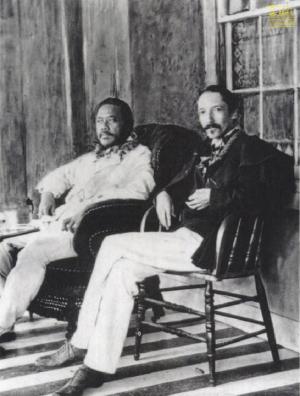On the Fourfold Root of the Principle of Sufficient Reason and On the Will in Nature
Two Essays
Nonfiction, Religion & Spirituality, Philosophy, Free Will & Determinism, Political, Ethics & Moral Philosophy| Author: | Arthur Schopenhauer | ISBN: | 9780599447677 |
| Publisher: | Lighthouse Books for Translation Publishing | Publication: | July 14, 2019 |
| Imprint: | Lighthouse Books for Translation and Publishing | Language: | English |
| Author: | Arthur Schopenhauer |
| ISBN: | 9780599447677 |
| Publisher: | Lighthouse Books for Translation Publishing |
| Publication: | July 14, 2019 |
| Imprint: | Lighthouse Books for Translation and Publishing |
| Language: | English |
In venturing to lay the present translation before the public, I am aware of the great difficulties of my task, and indeed can hardly hope to do justice to the Author. In fact, had it not been for the considerations I am about to state, I might probably never have published what had originally been undertaken.
Arthur Schopenhauer, (born February 22, 1788, Danzig, Prussia [now Gdańsk, Poland]—died September 21, 1860, Frankfurt am Main [Germany]), German philosopher, often called the “philosopher of pessimism,” who was primarily important as the exponent of a metaphysical doctrine of the will in immediate reaction against Hegelian idealism. His writings influenced later existential philosophy and Freudian psychology.
Schopenhauer was the son of a wealthy merchant, Heinrich Floris Schopenhauer, and his wife, Johanna, who later became famous for her novels, essays, and travelogues. In 1793, when Danzig came under Prussian sovereignty, they moved to the free city of Hamburg. Arthur enjoyed a gentlemanly private education. He then attended a private business school, where he became acquainted with the spirit of the Enlightenment and was exposed to a Pietistic attitude sensitive to the plight of man. In 1803 he accompanied his parents for a year on an extensive journey through Belgium, England, France, Switzerland, and Austria.
The sudden death of his father in April 1805 precipitated a decisive change in his life. His mother and his young sister Adele moved to Weimar, where his mother succeeded in joining the social circle of the poets J.W. von Goethe and Christoph Martin Wieland (often called the German Voltaire). Arthur himself had to remain in Hamburg for more than a year, yet with more freedom to engage in the arts and sciences. In May 1807 he was finally able to leave Hamburg. During the next two years, spent in Gotha and Weimar, he acquired the necessary academic preparation for attendance at a university.
In the fall of 1809 he matriculated as a student of medicine at the University of Göttingen and mainly attended lectures on the natural sciences. As early as his second semester, however, he transferred to the humanities, concentrating first on the study of Plato and Immanuel Kant. From 1811 to 1813 he attended the University of Berlin (where he heard such philosophers as J.G. Fichte and Friedrich Schleiermacher, with little appreciation); and in Rudolstadt, during the summer of 1813, he finished his dissertation, Über die vierfache Wurzel des Satzes vom zureichenden Grunde (On the Fourfold Root of the Principle of Sufficient Reason), which earned him the doctor of philosophy degree from the University of Jena.
In venturing to lay the present translation before the public, I am aware of the great difficulties of my task, and indeed can hardly hope to do justice to the Author. In fact, had it not been for the considerations I am about to state, I might probably never have published what had originally been undertaken.
Arthur Schopenhauer, (born February 22, 1788, Danzig, Prussia [now Gdańsk, Poland]—died September 21, 1860, Frankfurt am Main [Germany]), German philosopher, often called the “philosopher of pessimism,” who was primarily important as the exponent of a metaphysical doctrine of the will in immediate reaction against Hegelian idealism. His writings influenced later existential philosophy and Freudian psychology.
Schopenhauer was the son of a wealthy merchant, Heinrich Floris Schopenhauer, and his wife, Johanna, who later became famous for her novels, essays, and travelogues. In 1793, when Danzig came under Prussian sovereignty, they moved to the free city of Hamburg. Arthur enjoyed a gentlemanly private education. He then attended a private business school, where he became acquainted with the spirit of the Enlightenment and was exposed to a Pietistic attitude sensitive to the plight of man. In 1803 he accompanied his parents for a year on an extensive journey through Belgium, England, France, Switzerland, and Austria.
The sudden death of his father in April 1805 precipitated a decisive change in his life. His mother and his young sister Adele moved to Weimar, where his mother succeeded in joining the social circle of the poets J.W. von Goethe and Christoph Martin Wieland (often called the German Voltaire). Arthur himself had to remain in Hamburg for more than a year, yet with more freedom to engage in the arts and sciences. In May 1807 he was finally able to leave Hamburg. During the next two years, spent in Gotha and Weimar, he acquired the necessary academic preparation for attendance at a university.
In the fall of 1809 he matriculated as a student of medicine at the University of Göttingen and mainly attended lectures on the natural sciences. As early as his second semester, however, he transferred to the humanities, concentrating first on the study of Plato and Immanuel Kant. From 1811 to 1813 he attended the University of Berlin (where he heard such philosophers as J.G. Fichte and Friedrich Schleiermacher, with little appreciation); and in Rudolstadt, during the summer of 1813, he finished his dissertation, Über die vierfache Wurzel des Satzes vom zureichenden Grunde (On the Fourfold Root of the Principle of Sufficient Reason), which earned him the doctor of philosophy degree from the University of Jena.
